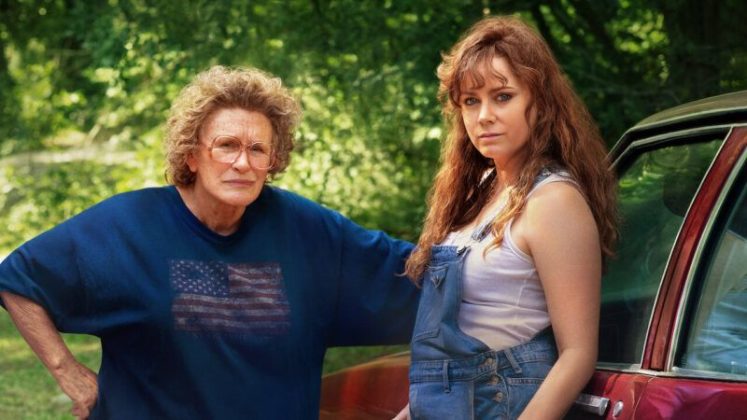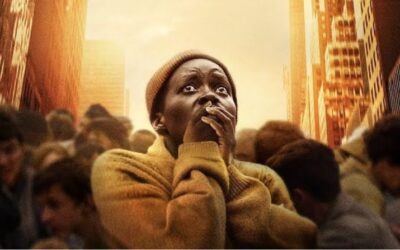Unless you saw the excellent Pavarotti documentary he did way back in 2019, the last time most of us spent quality time with Ron Howard as a director was “Solo: A Star Wars Story.” That movie didn’t do nearly as well as Disney hoped and probably went a long toward temporarily killing the “Star Wars Story” sub-franchise. Ron Howard shouldn’t be blamed for this. Not entirely anyhow. He definitely made choices that contributed though. And a few of them are on display again in his latest effort, “Hillbilly Elegy.”
Based on the 2016 memoir of the same name by J. D. Vance, Howard’s movie traces a familiar recovery/redemption arc in place of the book’s broader, and controversial, social commentary on American poverty. The imagery is depressing in a way anyone who grew up in one our country’s blighted cities would recognize. I mean no offense to Middletown, Ohio and neither does Ron Howard, I’m sure. It’s just that economic despair writ large and small serves as the physical setting of this film, not just it’s emotional core. It’s an insidious graphic subtext that his characters never really escape. We don’t get to either. And here’s where Howard’s instincts both lift and fail him a bit. As with “Solo,” the unwavering focus on iconography and symbolic authenticity creates an incredibly rich visual experience, but an oddly hollow personal one. His characters are moving through a world more accurate than they are. It never feels relatable in the way it should. That doesn’t mean there aren’t some wonderful performances.
Amy Adams should get awards consideration for her portrayal of Bev Vance. Glenn Close definitely will as Mamaw, the Vance family’s spirited, swearing matriarch. Both are at their best in “Hillbilly Elegy” when they are reacting to others. When their incredibly expressive faces get to do the talking, their characters really jump off the screen. This is partly thanks to the script, which is thoughtful but has an overall bluntness that makes the story’s most harrowing moments feel off balance and over-written. Bev is so much more sympathetic when she’s trying to say sorry than when she is raging. But the deep tragedy of that difference seems like luck, not design. The two actors who portray J. D. in the interwoven timelines are both excellent, but they are mostly just narrating (literally a few times, in fact). For my money, Haley Bennet doesn’t get nearly enough time on screen. There’s a moment when she tells her brother that, despite everything, she’s okay and that simple phrase is a moment of gorgeous, subtle magic. Nobody in this story seems to be okay, at all. But when she says it, you believe her and realize how much you needed to hear it. All of the acting in “Hillbilly Elegy” is almost this good.
“Hillbilly Elegy” is full of impressive moments. But collections of great bits don’t always add up to a great whole. This film is worth seeing though. Because of the performers, of course. But also because of Ron Howard’s eye. It’s his blessing and curse. He’s at his best when he shows you something that already is, even if he focuses on it too much, to the detriment of the story. His version of Middletown is Middle America. And his challenge to us is to try not to avert our eyes. I’m glad he chose not to respond to Vance’s thoughts on why people are poor and instead simply remind us that they are. The admirable values, and sins, of his characters read so much more clearly in that context.
There are so many places in America that struggle with addiction and opportunity, places that look exactly like “Hillbilly Elegy.” This is an imperfect film, but don’t let that obscure the important subject it tackles. Watch it and don’t look away.





